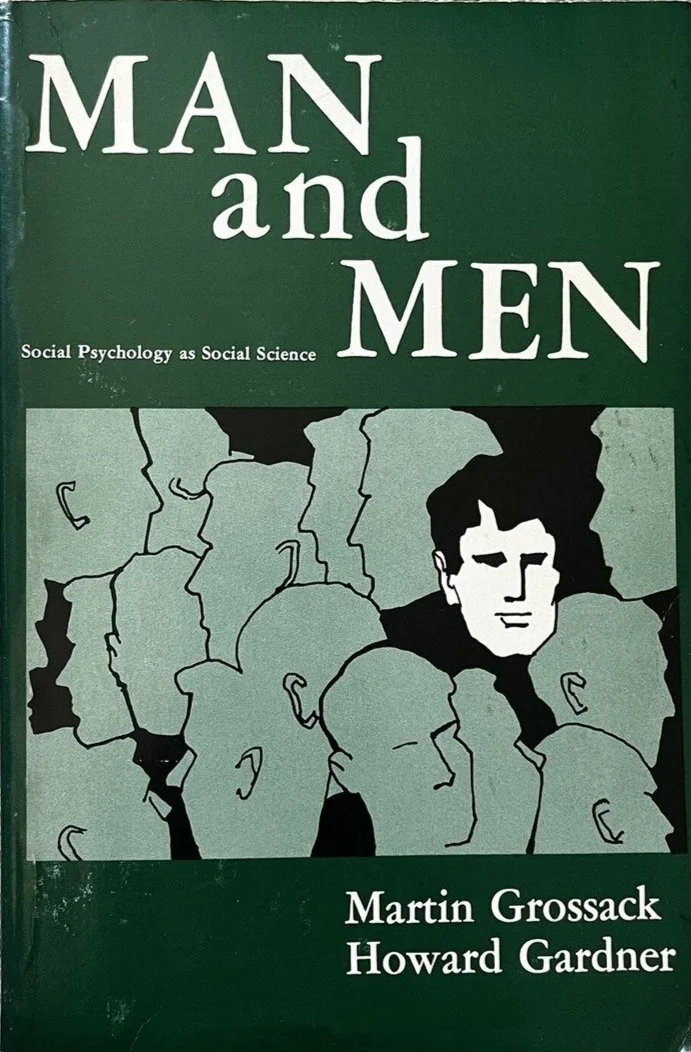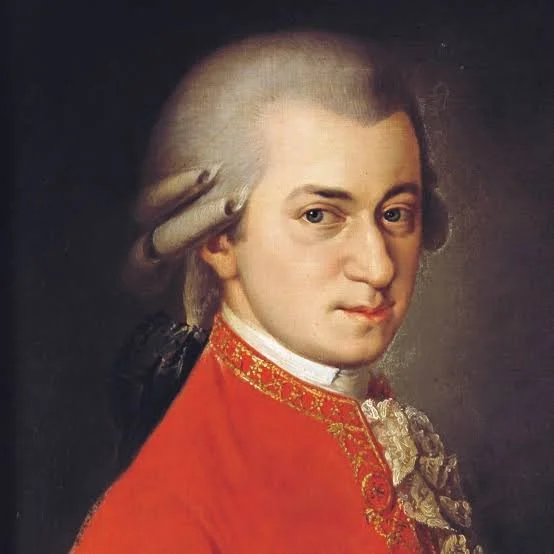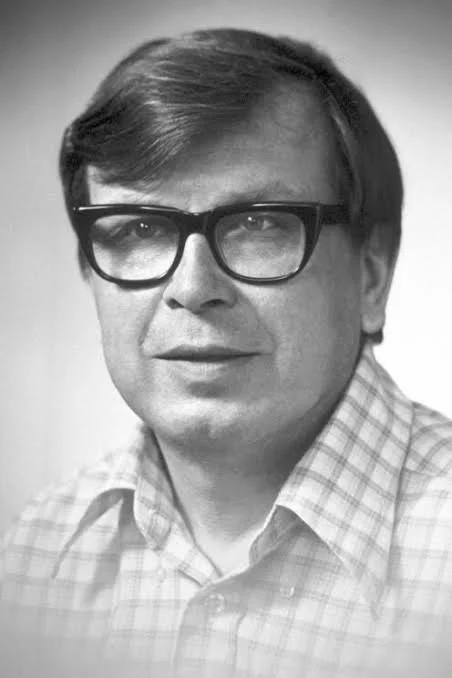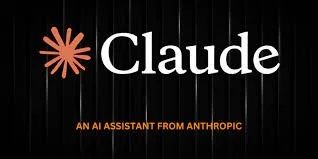Books I Never Completed
© Howard Gardner 2025
I am known principally as an author of books. While one may quarrel with the number usually cited—it’s safe to say that I’ve authored or co-authored over thirty of them. And I’ve lived long enough and written enough about my books that I can and should let them speak for themselves. (Please refer to my memoir and other titles under References below.)
But in this essay, I address a different issue—books not written or books never completed. I suspect that every individual involved in any form of creative activity can think of projects that never came to fruition—and has wondered whether there are lessons learned. That’s my task here.
My Identity as a Writer
As far as I know, except for writing letters, none of my ancestors wrote books—and being an “author” was not an option for “Howie,” in the way that “firefighter,” “doctor,” or “lawyer” were mentioned in Scranton, Pennsylvania in the first part of the 20th century. But I was an early and easy writer, I edited my high school newspaper and was known in college for the large—perhaps excessive—number of “blue books” that I filled during examination period. (See my blog post, Reflections on Writing here.)
Still, as far as I can remember, two manuscripts of that era might have become books but did not. At least one publisher (Prentice-Hall) expressed interest in publishing a version of my undergraduate thesis—a study of one of the first retirement communities in the United States. (It had a catchy title Gerontopia—suggested to me by my tutor “Chuck” Tilly.) But, lacking motivation, I never followed up.
Second, during a year abroad after college, I (hand) wrote a novel of over 1200 pages—a veiled autobiography of a young man and a world that he (i.e., I) imagined. But when the pages were completed, I read them over and concluded that I could never be a skilled novelist. In those days before electronic preservation, I simply abandoned the manuscript in Paris in the home of my cousin Sabine—and by now it seems to have disappeared. (See my blog post, “On Reading and Writing Fiction” here).
At that time, I did not think of myself as a writer—rather, as a future professional (doctor, lawyer) or as a scholar. In my early twenties, I do remember writing to one of my mentors—the sociologist David Riesman—and suggesting that perhaps some young graduates should start a magazine about the social sciences. Riesman liked the idea but pointed out that “we did not have any angels.” And so, it was left to others to launch Psychology Today or Human Nature (two publications to which I contributed in the 1970s and 1980s).
Gardner, H. (1970). Man and men. International Textbook Company.
Yet, during my graduate years (1966-1971), I did indeed become a writer of books—ghostwriting a textbook in social psychology with the now embarrasingly outdated title, Man and Men; making the case for “The Arts and Human Development;” and presenting to an American audience two key structuralist thinkers in the French tradition (Jean Piaget and Claude Lévi-Strauss in The Quest for Mind). And a writer of nonfiction for the educated public, sometimes called “midlist books”—I’ve largely remained, ever since.
Three Efforts
No doubt I’ve dreamt about many books that never got to first base—or even first sentence! But here I describe three efforts which began promisingly and which I had every intention of completing—but which I finally chose not to.
Kinds of Minds
Having studied human cognitive development, I became interested in what was known about the development and breakdown of the human brain—and I had the opportunity to describe various kinds of brain pathologies in The Shattered Mind. It made sense thereafter to ponder the lessons for normal (and gifted) cognition. Accordingly, and in the latter years of the decade, I embarked on a book with the tentative title, Kinds of Minds. My intention was to trace the various kinds of normal talents (and deficits) to particular structures and processes in the human brain.
My reading and notes were pretty far along when a major development occurred in my life—the receipt of a very large grant to study “the nature and realization of human potential.” This once-in-a-lifetime, five-year grant allowed me to assemble a staff; to review vast literature in neurology, genetics, anthropology, education; and—most importantly—to visit and have substantive exchanges with educators and other scholars on several continents. The result was the book for which I am best known, Frames of Mind: The Theory of Multiple Intelligences. But “Kinds” of Minds was no longer pursued; it had evolved into a different and far more ambitious task and far more comprehensive final product.
Understanding Mozart
Wofgang Amadeus Mozart 1756-1791
As early in my childhood as I was a writer, I was also a budding pianist—in adolescence and during my graduate school years. I occasionally taught piano, and I have continued to play the piano till today. I like many kinds of music—especially classical music—and also listen to music for much of the day. I even like to fall asleep listening, keeping the music on all night long so I hear it whenever I wake.
But for me, the apogee of musical achievement was the output of Wolfgang Amadeus Mozart—the boy and then adult—genius from Salzburg, in the Austro-Hungarian empire. Even Mozart wrote some pieces that were tedious—but his success rate, and his prodigious productivity till his death at age 35!—testify to his uniqueness! I wanted to understand Mozart’s life and work better and—in words with occasional scores—to convey my understanding and my enthusiasm to readers and listeners all over the world.
But the more I read and thought about Mozart, the more I came to realize that he had been studied and written about by numerous individuals who were extremely knowledgeable—they were informed about the details of Mozart’s tragically short life, on the one hand, and the supreme artistry of so many of his works, on the other. In truth, despite my enthusiasm and my ambitions, I had little to add. And so, with reluctance, I abandoned the project on Mozart, but not the project of writing about exceptional achievements.
Please read on!
On D. Carleton Gajdusek
In the 1980s, I had the privilege of getting to know D. Carleton Gajdusek, a physician and scientific researcher. (See also my blog post, “Syntheses and their Communication: The case of Carleton Gajdusek,” here.) In 1976, Carleton shared the Nobel Prize for Medicine and Physiology for his discovery and description of diseases caused by slow-growing viruses. But being a master scientist was only one of Carleton’s achievements. He was also an anthropologist, a collector of many kinds of artistic and cultural objects, a master of many oral and written languages, a brilliant lecturer and conversationalist, and—importantly for an aspiring biographer—Carleton kept over 100 volumes of notes on his experiences and observations as he travelled around the world.
Being interested in the heights of human cognitive achievements, I asked Carleton whether I could write his biography. He readily consented, made his writings available to me, visited our home in the Boston area, and welcomed me to his homes in the New York and DC areas. My writing was proceeding well until... One day in 1997, I was seated in the library of the Harvard Medical School on Longview Avenue, poring over a volume of Carleton’s writings. The librarian walked over to my stall and said, a bit too nonchalantly, “I think you should know about this.” He handed me a news story indicating that Carleton had been arrested for pedophilia—specifically for the sexual abuse of one of the several dozen young boys from islands in the South Pacific whom he had adopted and raised in suburban Washington.
Carleton Gajdusek 1923-2008
I cannot say that I was shocked—rumors about Carleton’s sex life had reached me, and there were veiled allusions to his sexual predilections in some of his papers, but of course, I was distressed and saddened to know of his unacceptable behavior. As with the Mozart project, I had invested lots of time in getting to know Carleton’s life and his work. What to do?
Alas, it did not take much discussion or pondering. Editors whom I respected indicated that I had to choose between abandoning the project; writing candidly about the accusations (and ultimately his conviction and exile to Europe); or creating an excessive and misleading amount of “mood music”—that is, explaining or explaining away why I was celebrating a life that has engaged in clearly unacceptable, and perhaps even criminal, behavior.
Of course, I could have written a novel instead, but I did not have that talent and eventually, Hanya Yanagihara did just that. There are also various manuscripts about Carleton that have circulated, but to my knowledge, no full-scale biography has yet to be published—and it may never be.
Having befriended Carleton and, appreciative of his generosity toward me and my family, I did remain in touch with him after his conviction and forced exile to Europe. But he became increasingly paranoid and eventually met a sad ending in a town in the far north of Norway. Fortunately, before Carleton’s arrest and conviction, our mutual friend George Klein did compose a portrait of Carleton, and happily that essay—which captured much of what I knew and had admired—is available.
Looking Ahead
Well into my ninth decade, I am reasonably sure that I will never write another book. Indeed, even before this time, the books bearing my name had appeared less frequently, and I was more likely to have a co-author.
Still, once an author, once a writer, perhaps it’s the case that one is always a writer—at least until death or a severe disability emerges. Of course, in the age of Large Language Models, it’s possible to ask Claude AI to complete one of my three failed books, or to imagine what kind of a book I might have written—or whatever it is that LLM do. And such an LLM might also be able to imagine the biography that I would actually write of my teacher Erik Erikson, or the novel that I would (but never did) write, inspired by my almost sixty years at Harvard Project Zero. But for now, I am content to blog, to get helpful comments regularly from Annie, Ellen, and Shinri, and to post them on this site.
Acknowledgements: For their many sensible and sensitive comments on earlier drafts, I thank Shinri Furuzawa, Annie Stachura, and Ellen Winner.
References
Gardner, H. (1983). Frames of mind: The theory of multiple intelligences. Basic Books.
Gardner, H. (1970). Man and men. International Textbook Company.
Gardner, H. (2024). The essential Howard Gardner on education. Teachers College Press.
Gardner, H. (2024). The essential Howard Gardner on mind. Teachers College Press.
Gardner, H. (1973). The quest for mind: Piaget, Lévi-Strauss, and the structuralist movement. Knopf.
Gardner, H. (1976). The shattered mind. Knopf.
Gardner, H. (2020). A synthesizing mind. MIT Press.
Gardner, H. (1989). To open minds. Basic Books.
Klein, G. (1997). Live now: Inspiring accounts of overcoming adversity. Prometheus Books.
Kornhaber, M., & Winner, E. (Eds.). (2014). Mind, work, and life: A festschrift on the occasion of Howard Gardner's 70th birthday (Vols. 1–2), with responses by Howard Gardner. Create Space Independent Publishing Platform.
Yanagihara, H. (2013). The people in the trees. Doubleday.




